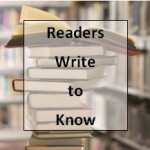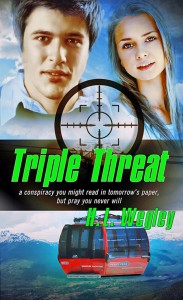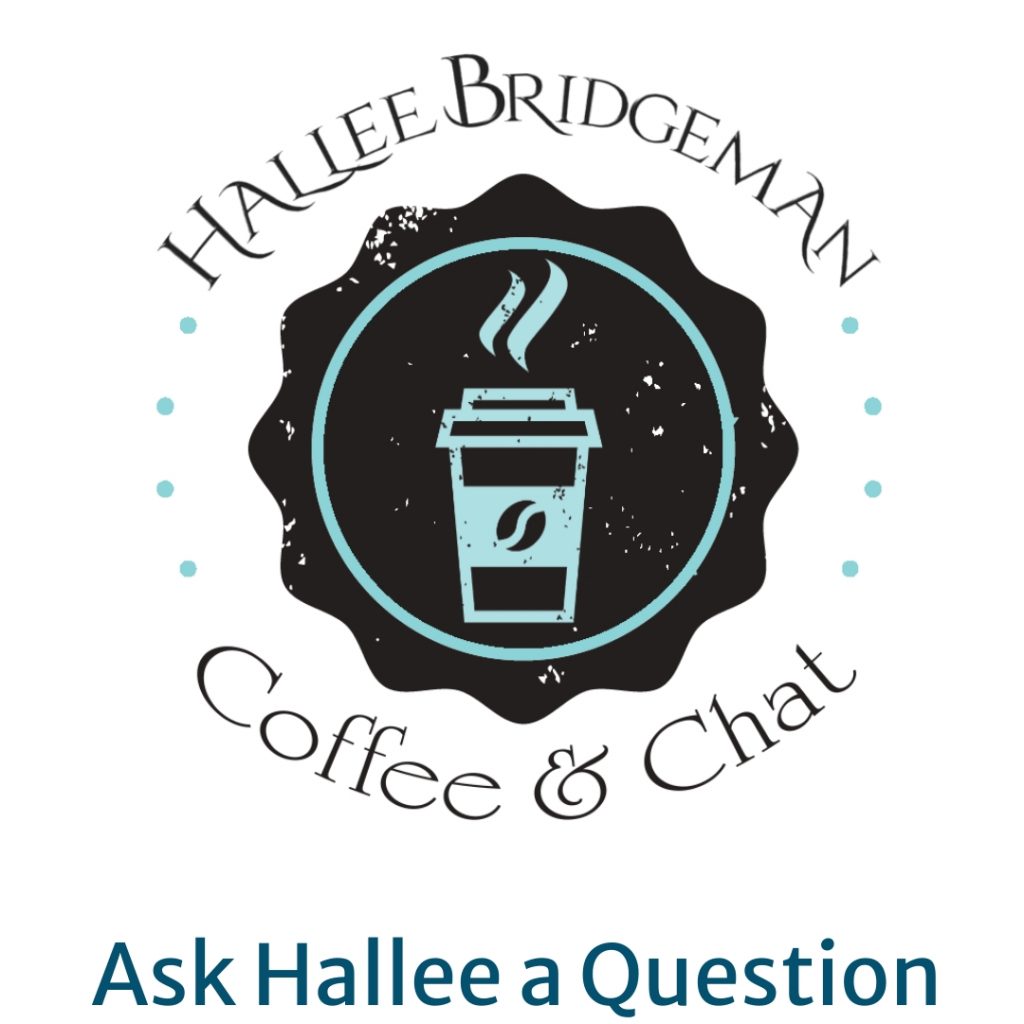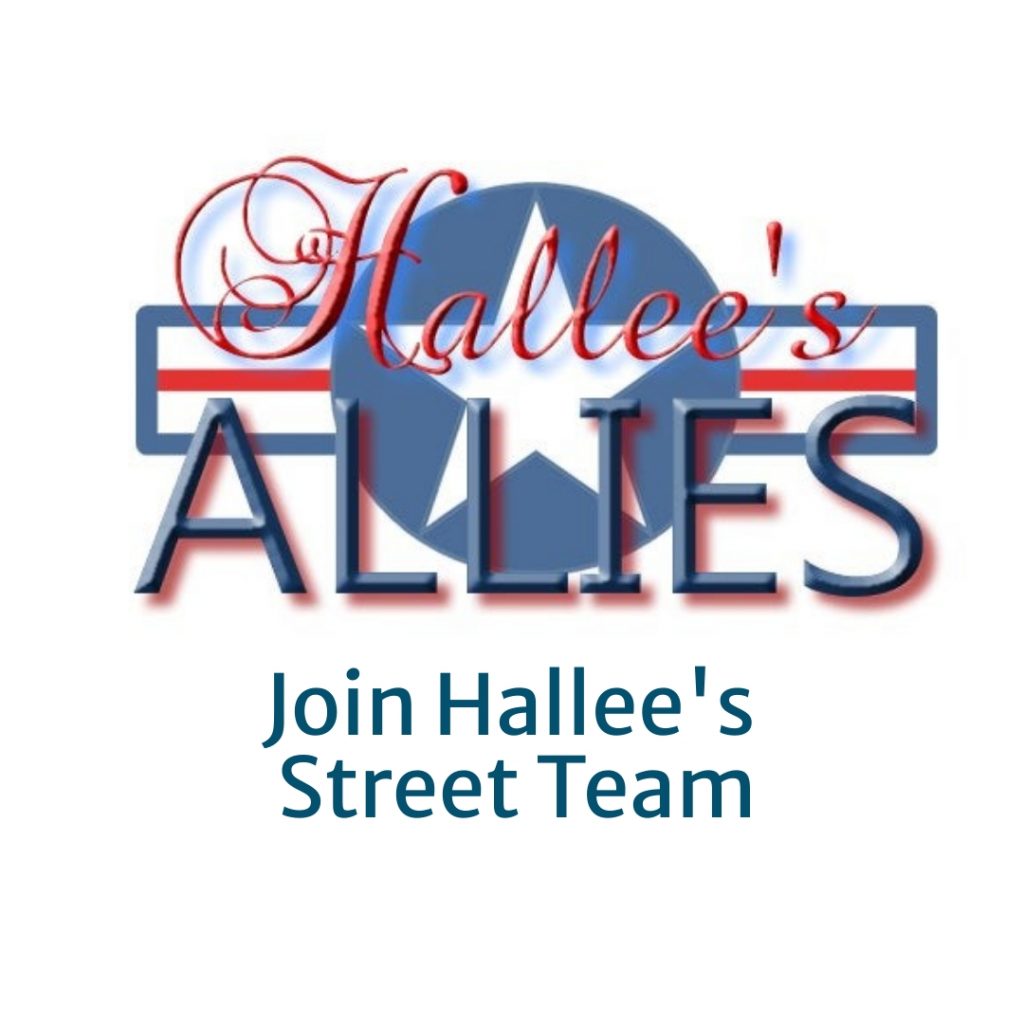 Welcome to Readers Write to Know! I asked you, my readers, what questions they would ask their favorite authors if given the chance. This week, I am so excited to introduce you to today’s guest! Harry is a retired code writer – which already endears me to him because m husband is a computer guy. But I am fascinated by the way he writes. There is no way that I could do it by hand. I think too much with my fingers actually on the keyboard. I LOVE the sound of his books! I love political thrillers – especially ones that come together in edge-of-your seat fashion. It sounds like a fantastic read.
Welcome to Readers Write to Know! I asked you, my readers, what questions they would ask their favorite authors if given the chance. This week, I am so excited to introduce you to today’s guest! Harry is a retired code writer – which already endears me to him because m husband is a computer guy. But I am fascinated by the way he writes. There is no way that I could do it by hand. I think too much with my fingers actually on the keyboard. I LOVE the sound of his books! I love political thrillers – especially ones that come together in edge-of-your seat fashion. It sounds like a fantastic read.
Tell us a little bit about yourself. For many years I made my living by writing. As a research scientist at a national lab, I published in the scientific literature—reports, books, and journal articles. Then, I wrote code for 21 years, over a million lines of it, but my fans were computers. Only after my wife and I retired, and I wrote my first novel, did writing morph from work to something that is thoroughly enjoyable. I write inspirational thrillers/suspense, with a little romance, and have 4 books published by Pelican Book Group. I’m currently polishing my 8th novel, a political thriller.
 Tell us about your current release. Triple Threat is the 4th and final book in my Pure Genius Series. It’s a high-action, romantic suspense story about two early twenties PhD candidates, geniuses who, during their dissertation research, discover a planned terrorist attack that dwarfs 9-11. In one thread of the story, there’s a sweet romance that’s soured by disparate worldviews, Christian versus agnostic. In the other is a three-pronged terrorist attack that could cripple our nation, indefinitely. When the two threads are intertwined, Triple Threat becomes an entertaining, thrill-filled, sometimes humorous, and often romantic romp through a story line that, told otherwise, might be too chilling to be much fun.
Tell us about your current release. Triple Threat is the 4th and final book in my Pure Genius Series. It’s a high-action, romantic suspense story about two early twenties PhD candidates, geniuses who, during their dissertation research, discover a planned terrorist attack that dwarfs 9-11. In one thread of the story, there’s a sweet romance that’s soured by disparate worldviews, Christian versus agnostic. In the other is a three-pronged terrorist attack that could cripple our nation, indefinitely. When the two threads are intertwined, Triple Threat becomes an entertaining, thrill-filled, sometimes humorous, and often romantic romp through a story line that, told otherwise, might be too chilling to be much fun.
The heroine, Katie Brandt, seems to have everything going for her, beauty, brains (180 IQ), and brawn. She’s always been able to rely on her athletic and intellectual abilities to dodge trouble. But, when she takes on terrorists in cyber space, and the battlefield morphs from virtual to real, she needs big, strong, former football player, Joshua West, to keep her alive. From this couple’s arguments, strewn throughout the story, Katie answers every major criticism of the Christian worldview, instructs Josh on the finer points of Islamic theology, provides descriptions of major terror organizations, and identifies those who fund them. All this comes packaged in entertaining dialogue wedged between the action and suspense.
If you knew ahead of time your book would benefit only one person on their spiritual journey, would you still write it? If I knew my book would help someone, of course I’d write it. Each time I write a story, I believe and hope that it will help someone, however, there are no guarantees. But if I had a guarantee that even one person would benefit, how could I not write the book? In my mind, the original question spawns another, if God lays a story on my heart, how can I not write it?
Do you feel pressured to compromise your standards in order to reach a larger audience or be more successful? I have never felt pressured to compromise my standards when I write. That’s not to say such a situation couldn’t arise in the future. But, the real, underlying question here makes the answer very clear in all such situations. That question is, if I compromise what I believe, regardless of the reason, how can I expect anyone to trust my message enough for it to impact their lives? And, would God bless such a compromised message? My head and heart both say no. We dare not send mixed signals to our readers, especially when hypocrisy is so strongly condemned by nearly everyone in our society.
 What’s the first major news headline that you can remember and what do you remember? (i.e. Moon Walk, Watergate, Pope being shot) This is giving away a whoooole lot. Can you say geezer? I remember Dwight D. Eisenhower’s first political campaign and his 1952 win over Adlai Stevenson. As a little kid, I sometimes thought about Russian nuclear bombs and missiles. But, with our beloved “Ike” leading us, I always felt safe.
What’s the first major news headline that you can remember and what do you remember? (i.e. Moon Walk, Watergate, Pope being shot) This is giving away a whoooole lot. Can you say geezer? I remember Dwight D. Eisenhower’s first political campaign and his 1952 win over Adlai Stevenson. As a little kid, I sometimes thought about Russian nuclear bombs and missiles. But, with our beloved “Ike” leading us, I always felt safe.
What is your personal, most effective way to get past writer’s block? I’m not sure I ever have “classical writer’s block,” if such a thing exists. But, at times, I simply cannot make myself sit in the chair and write. This almost always occurs because I’m mentally or physically fatigued. When I recognize what’s happening, I decide which is tired, my brain or body. If it’s my brain, I do something active like walking a few miles. If it’s my body, I’ll take a short nap, or sit in the sun (if it’s shining In Seattle) and read. In either case, I usually conclude with drinking a double-shot latte, then I’m ready to write again.
Do you have pre-determined length in mind when you first begin a book? I usually plan my stories by creating a minimal outline of the plot—usually 2 or 3 pages—using the 3-act story structure. Once I’ve defined my main characters, what they need to learn over the course of the story, and the major events, internal and external, needed to transform them, I can use the outline and the character changes to estimate the length of the finished story, usually within +/- 5,000 words. I’ve belonged to Susan May Warren’s My Book Therapy for about 15 months. Learning how she crafts stories has really helped my writing, and it has helped me decide how long my story needs to be, i.e. what has to happen before the story is complete. But, I made a living for 15 or 16 years by prognostication. I was a Meteorologist. Predicting book lengths is a piece of cake compared to forecasting a major snow storm.
What is your preferred method of writing? I prefer pencil and paper—a handful of mechanical pencils, a spiral notebook, and a comfortable chair in the sun. Because I spent 21 years in computer systems development and burned out too many times to count, I’ll write a few chapters, then exact my revenge by cramming my writing down the computer’s throat, using Dragon Naturally Speaking. The computer retaliates by generating copious homonyms that the spell checker will never catch. Some of those little demons survive to the galley proof, where my vision grows blurry trying to exorcise them.
How did you make the initial step into writing your first novel? Before retiring 6 years ago, I thought about the possibility of writing a novel, so I collected news articles about cyber security threats that might make good fodder for a thriller. By this time I had experienced several computing security incidents. I also spent 7 years in the USAF where I worked closely with NSA and then served as the Weather Officer on the staff of several wing and squadron commanders during the cold war. Two years after retiring, I drew from all that experience to create the plot for a novel. I wrote most of the first draft in a week, sitting on the banks of Lake Havasu while my wife read. My masterpiece required several writing classes, 2 rounds of critiques, and 2 rewrites spread over 2 years before it won a publishing contract. I had jumped the gun. I do not recommend writing a complete novel without at least some effort to learn the craft … unless you enjoy rewrites.
You can find Harry on the web at his Author Web site on his Facebook Page his Amazon Author Page or at Goodreads
Purchase Harry’s books
![]()
I’m so grateful for your visit, today.
You would bless me if you added me to your ![]() feed reader or subscribed
feed reader or subscribed ![]() via email.
via email.
You can also become a fan on ![]() Facebook or follow me on
Facebook or follow me on ![]() Twitter. I would love to see more of you!
Twitter. I would love to see more of you!




4 comments
Skip to comment form
I am so glad I’m not the only one who prefers a pen/pencil and paper to write! I pre-write most of my blog posts and anything I write for the website I’m on staff for. Anyway…
Thriller/suspense are my favorite! I’ll have to get this one.
Phronsie, When I’m writing a first draft, doing a lot of thinking to fill a blank page, pencil and paper seems to give me just the right speed for simultaneous creating and writing. When I’m editing or polishing, I prefer the computer. It’s faster and cut & paste sure beats circles and arrows.
H L Wegley recently posted…Triple Threat Release Day – 2 Giveaways
I really enjoyed meeting a new author. And your series sounds really good. Since I read almost as much as I write, I’ll definitely check it out.
I too sometimes just cannot make myself sit at the computer to write so I take a pencil and paper in other areas of the house and work. And homophones are my arch enemy. And Dragon hasn’t a thing to do with it. That’s the first thing my editor looks for. Ensure and insure, words so close that your mind doesn’t register they’re wrong. Drives me crazy that I can’t catch them on my own.
I wrote before I retired. It was the one thing that made my job bearable. I could lose myself in the stories in my head while under so much stress there. And now I get to live with the joy of writing every day. Retirement is great, isn’t it?
Congratulations on your new release!!!
Teresa Reasor
Thanks for stopping by, Teresa! Yes, retirement is great. But, now that I’ve gotten a few books published, I’m working more hours than before I retired. However, I’m enjoying these long hours a whole lot more!